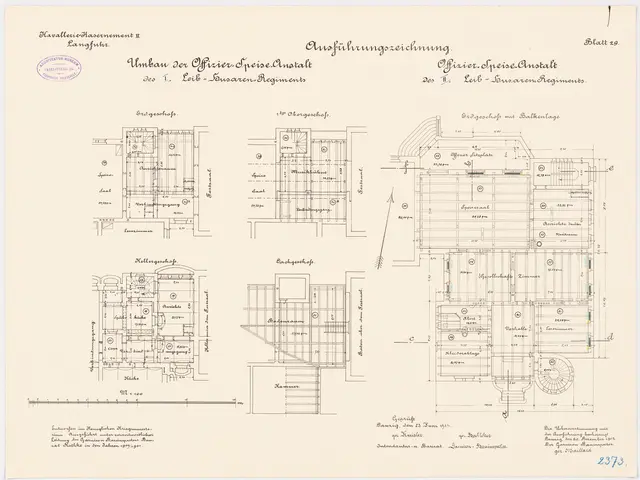Stock surge for Airbus on Thursday
In a significant development, Boeing has proposed to re-acquire Spirit AeroSystems for $4.7 billion in an all-stock transaction, aiming to streamline its supply chain and exert tighter quality control over key components for its commercial aircraft. This move reverses Boeing’s earlier decision to spin off Spirit in 2005.
Simultaneously, Airbus has acquired several Spirit AeroSystems facilities related to its Airbus programs, including production sites in the US, France, Morocco, Scotland, and Northern Ireland. This strategic counter-move by Airbus suggests a bid to secure vital production capabilities and maintain competitiveness.
The British Competition and Markets Authority (CMA) has invited comments from "interested parties" on whether it should open a formal review into the Boeing-Spirit deal, raising concerns about potential anti-competitive implications. The CMA has not yet started an official investigation, but if it does, the potential negative impact on Airbus could be a key focus.
The deal's approval by the CMA is expected by August 28, 2025. If Boeing's acquisition of Spirit AeroSystems is not allowed to proceed or is subject to conditions, it could potentially affect Airbus's access to plane parts from Spirit, putting pressure on Airbus to further secure or expand its own supply chain.
The potential U.K. enforcement action could weaken Boeing's position relative to Airbus, as Airbus currently enjoys a profitable stock market performance, while Boeing is not. On Thursday, Airbus stock rose 3.7%.
The implications of the Boeing-Spirit deal on Airbus stock are complex and multifaceted. The deal could intensify competition in the aerospace sector, with Boeing’s vertical integration potentially leading to faster production and better cost control, which might challenge Airbus in maintaining or growing its market share. However, Airbus’s strategic counter-acquisitions of Spirit assets aim to balance these competitive impacts.
Regulatory scrutiny, especially from the UK, creates uncertainty around the deal’s completion, which could affect market sentiment. The impact on Airbus stock will largely depend on how effectively Airbus can leverage its acquired assets to maintain competitiveness and how the market views Boeing’s reintegration strategy amid regulatory developments.
In conclusion, while Boeing’s move could exert competitive pressure on Airbus, Airbus’s strategic counter-acquisitions and regulatory uncertainties introduce complexities that may moderate or delay the impact on Airbus stock in the near term. The potential investigation by the British Competition and Markets Authority adds another layer of uncertainty to the deal's outcome.
- It's crucial to consider the potential financial implications of the Boeing-Spirit deal for the aerospace industry, as a possible investigation by the British Competition and Markets Authority could affect Boeing's supply chain, potentially impacting Airbus's access to plane parts from Spirit.
- Investors may closely watch the progress of the Boeing-Spirit acquisition, as regulatory scrutiny, particularly from the UK, could influence market sentiment and possibly affect Airbus's stock performance.
- Boeing's decision to re-acquire Spirit AeroSystems for $4.7 billion and Airbus's subsequent acquisition of several Spirit AeroSystems facilities are significant moves in the finance industry, demonstrating the competitive nature of the aerospace business, where companies continually seek to invest in and control key components for commercial aircraft production.








